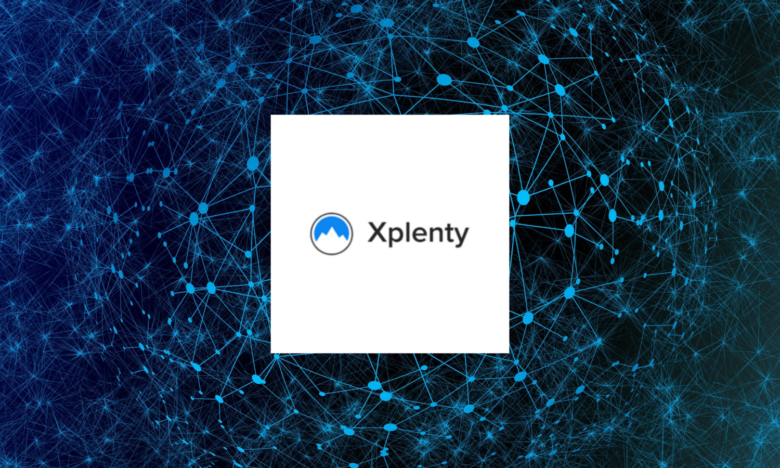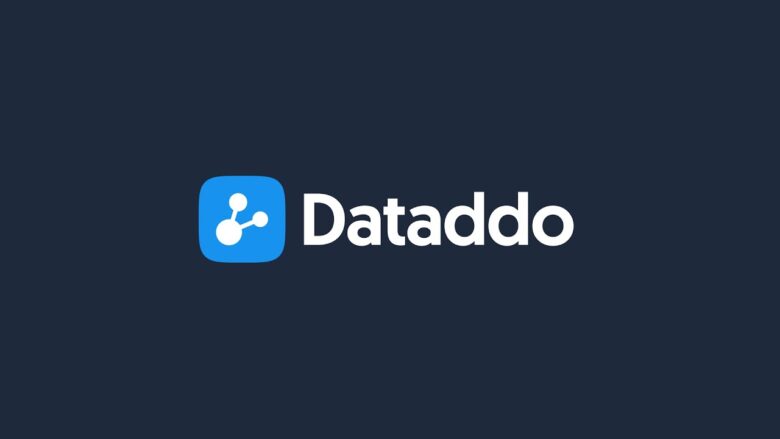In the dynamic digital age of 2024, leveraging Google Analytics data has become a non-negotiable for businesses aiming to thrive. The sheer volume and complexity of data generated demand tools that can effectively manage the Extract, Transform, and Load (ETL) process.
However, extracting, transforming, and loading this data into actionable intelligence can be a Herculean task. This necessity has led to the emergence of a variety of ETL tools, each promising to streamline analytics workflows and unlock deeper insights into user behavior, website performance, and conversion metrics. The right tool not only simplifies this process but also amplifies the value of your data.
Visual Flow, a leading advocate for streamlined data workflows, presents a curated list of the 10 best Google Analytics ETL tools for 2024. These tools empower developers and data engineers to seamlessly integrate Google Analytics data into their systems, enabling informed decision-making and optimizing business performance.
Contents
1. Supermetrics

Source: onlinezebra.com
Supermetrics continues to be a favorite among developers for its robust capabilities in extracting data from Google Analytics. Offering a user-friendly interface and extensive customization options, Supermetrics simplifies the ETL process. Its ability to automate data extraction and provide real-time insights makes it an invaluable asset for businesses of all sizes.
Supermetrics doesn’t just stop at Google Analytics; it extends its reach to various other data sources, including social media platforms, advertising networks, and CRM systems.
This versatility enables developers to consolidate data from multiple sources seamlessly, providing a comprehensive view of their digital ecosystem.
Moreover, Supermetrics offers advanced features like data blending and transformation, allowing developers to manipulate data on-the-fly and derive deeper insights without the need for complex coding.
For businesses operating in highly regulated industries or those with stringent data privacy requirements, Supermetrics provides robust security measures and compliance features. Its encryption protocols and access controls ensure that sensitive data remains protected throughout the ETL process. Furthermore, Supermetrics’ commitment to data accuracy and reliability has earned it the trust of leading brands worldwide, making it a go-to solution for developers seeking a dependable ETL tool for their Google Analytics data needs.
2. Stitch Data

Source: medium.com
Stitch Data stands out for its reliability and scalability in handling Google Analytics data pipelines. With support for various data sources and seamless integration with popular data warehouses, Stitch Data ensures data consistency and accuracy. Its intuitive dashboard and comprehensive monitoring tools make it a top choice for developers seeking hassle-free ETL solutions.
3. Fivetran

Source: fivetran.com
Fivetran excels in automating data synchronization between Google Analytics and other business applications. Leveraging pre-built connectors and robust transformation capabilities, Fivetran streamlines the ETL process, saving developers significant time and effort.
Its focus on data accuracy and reliability makes it a trusted choice for organizations across industries. Additionally, Fivetran’s continuous synchronization feature ensures that your data is always up-to-date, enabling real-time analytics and decision-making.
4. Matillion

Source: datanami.com
Matillion offers a cloud-native ETL platform tailored for Google Analytics users. With a drag-and-drop interface and pre-configured templates, Matillion simplifies data transformation tasks, allowing developers to focus on analysis rather than coding. Its scalability and support for complex data workflows make it an ideal solution for businesses with evolving analytics needs.
5. Talend
Talend stands out for its open-source ETL framework, providing developers with flexibility and customization options. With comprehensive support for Google Analytics APIs and data formats, Talend empowers developers to design intricate data pipelines with ease. Its community-driven approach and extensive documentation foster collaboration and innovation within the developer community.
6. Alooma

Source: datascientest.com
Alooma offers a unified platform for integrating and transforming Google Analytics data in real-time. With built-in data enrichment features and advanced transformation capabilities, Alooma enables developers to derive meaningful insights from raw data streams. Its scalable architecture and support for hybrid deployments make it a preferred choice for enterprises with complex analytics requirements.
7. Xplenty

Source: fusion75.com
Xplenty simplifies Google Analytics data integration with its intuitive visual interface and pre-built connectors. Offering support for both batch and real-time processing, Xplenty caters to a wide range of ETL use cases. Its extensive library of transformation functions and scheduling capabilities empower developers to orchestrate data workflows efficiently.
8. Blendo
Blendo excels in automating data extraction and loading processes from Google Analytics to various destinations. With its focus on data governance and compliance, Blendo ensures data integrity throughout the ETL pipeline. Its seamless integration with cloud data warehouses and BI tools makes it a preferred choice for organizations prioritizing data security and compliance.
9. Panoply
Panoply offers an end-to-end data management platform that simplifies Google Analytics data integration and analysis. With its AI-driven data modeling capabilities and automated ETL workflows, Panoply accelerates time-to-insight for developers and data analysts. Its cloud-native architecture and pay-as-you-go pricing model make it a cost-effective solution for businesses of all sizes.
10. Dataddo

Source: youtube.com
Dataddo provides a comprehensive ETL platform for integrating, transforming, and visualizing Google Analytics data. With support for custom data transformations and scheduling options, Dataddo empowers developers to tailor ETL workflows to their specific requirements. Its intuitive data visualization tools and dashboarding capabilities enable stakeholders to derive actionable insights from Google Analytics data effortlessly.
Summary
Choosing an ETL tool for Google Analytics is crucial for businesses aiming to leverage their data for informed decision-making. The tools listed offer a variety of features tailored to different needs, from simplifying complex data processes to enhancing data accuracy and accessibility. By selecting an appropriate ETL tool, companies can unlock the full potential of their data, gain deeper insights into their performance, and carve out a competitive edge in their industry
